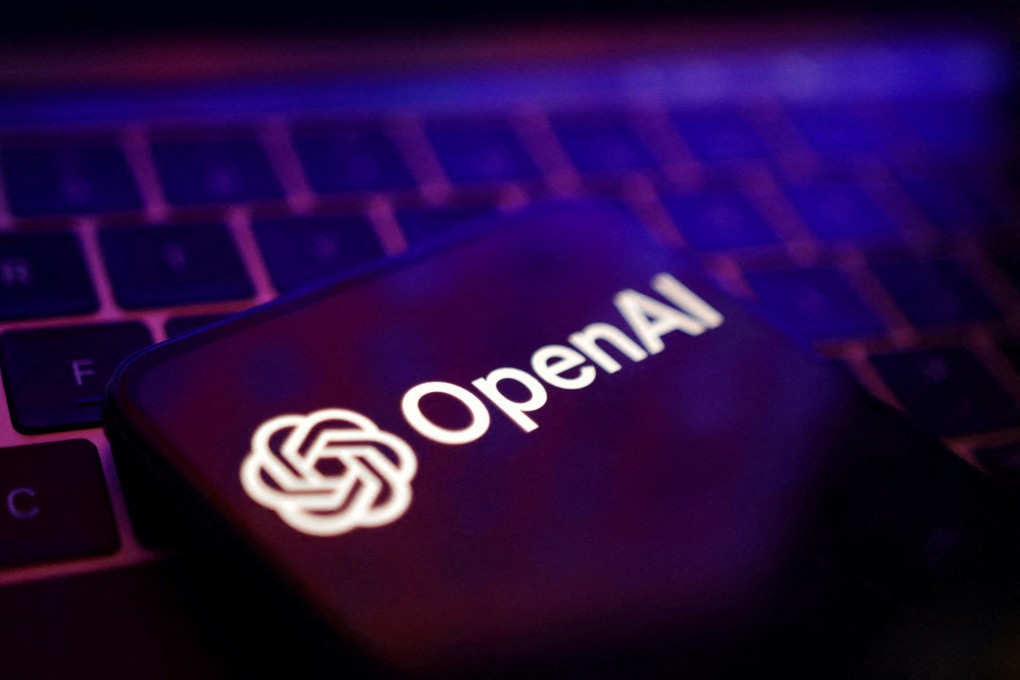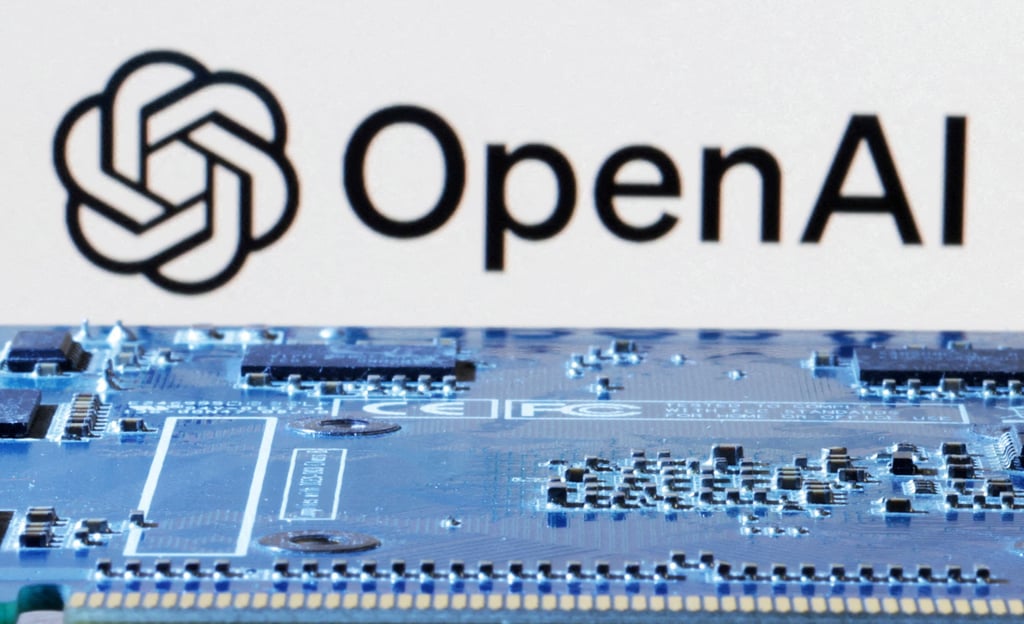My Take | OpenAI’s move to restrict access to mainland China, Hong Kong a worrying sign
- The geopolitical agenda of China hawks in Washington has started to hijack business decisions in boardrooms in Silicon Valley

OpenAI, the creator of ChatGPT, said it will restrict access for developers from “unsupported countries” starting July 9, cutting off programmers in mainland China and Hong Kong who use its powerful artificial intelligence (AI) models.
The immediate impact on China is expected to be limited since OpenAI’s services are not “officially” available in the country anyway. China-based users have to go through a virtual private network or find other means to access OpenAI models. According to Chinese regulations, generative AI services such as ChatGPT have to register with Chinese authorities before they can be made available to the public, and OpenAI has not yet registered any of its services on the mainland. As a result, the OpenAI user community in China is estimated to be a tiny group operating in grey zones.
There are also many local alternatives to OpenAI’s offerings, and some claim to be better in China’s context. As an old Chinese saying goes, “with or without the butcher Zhang, the pork will still be served on the table” – meaning there’s no absolute reliance on a single supplier. According to the latest list published by the Cyberspace Administration of China, there are 117 approved ChatGPT-styles services as of the end of March. After OpenAI issued a notice to China developers about the loss of access, many local firms saw it as a golden opportunity to win new clients. They offered special packages and free tokens to help developers migrate from OpenAI to their models.

Furthermore, “restricting” access to publicly available services like ChatGPT based upon users’ geographical location can be a daunting task. The restrictions can be skirted around by changing the domicile of a business.
Despite the limited damage to local developers, OpenAI’s move sets a very dangerous precedent. It marks the first time that a major US internet service provider has voluntarily shut the doors to China’s users. ChatGPT’s “supported” locations is a long list of 188 countries and regions, from Afghanistan to Zimbabwe, but China - including Hong Kong and Macau - are auspicious omissions on the list along with Russia, Iran and North Korea.
OpenAI has essentially declared that it will forgo the world’s second-largest economy with one billion internet users. It marks a significant departure from the usual China business strategies of American companies. In conventional wisdom, China is regarded as a major market, or at least a key potential market, for US software, hardware and internet service firms. Apple, Qualcomm and Intel have all pledged commitment to the China market. Even though Nvidia is not allowed to sell its advanced AI chips to China under US export restrictions, it is still trying to find ways to serve clients on the mainland.

In Hong Kong, Microsoft has assured the city’s users that it would continue to allow them to use OpenAI’s models through its Azure cloud computing platform. In a statement to the Post, the key investor in OpenAI said it will continue to provide access to “eligible customers in Hong Kong” via “models deployed in regions outside Hong Kong”.

